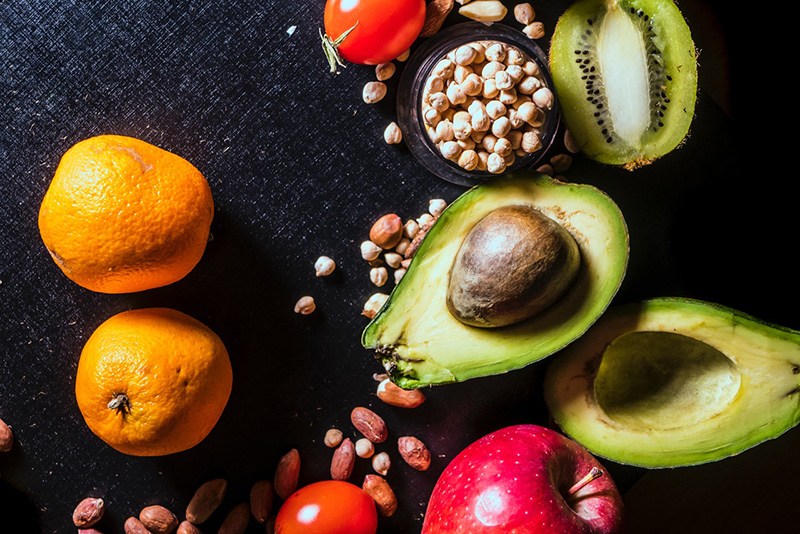From environmental problems to cardiac issues can be avoided if those fruits rich in vitamin E are appropriately consumed. Among other foods like salmon or seeds known as vitamin E- rich food, fruits rich in vitamin E are also important.
There are two groups of vitamins; water-soluble vitamins and fat-soluble vitamins. Vitamin E is categorized in the second group. Fat-soluble are those that the body needs fat to absorb. Unlike water-soluble vitamins, fat-soluble vitamins like vitamin E are stored in fat deposits.
Daily recommended amount of vitamin E
Nutritionists recommend About 15 mg a day is the right amount of vitamin E that an adult body requires. This number slightly changes to 19 mg when we consider breastfeeding women. As the best way to achieve vitamin E is through diet and supplements (vitamin E pills) taken under prescription. By taking enough fruits rich in vitamin E, we can meet our body’s needs for vitamin E.
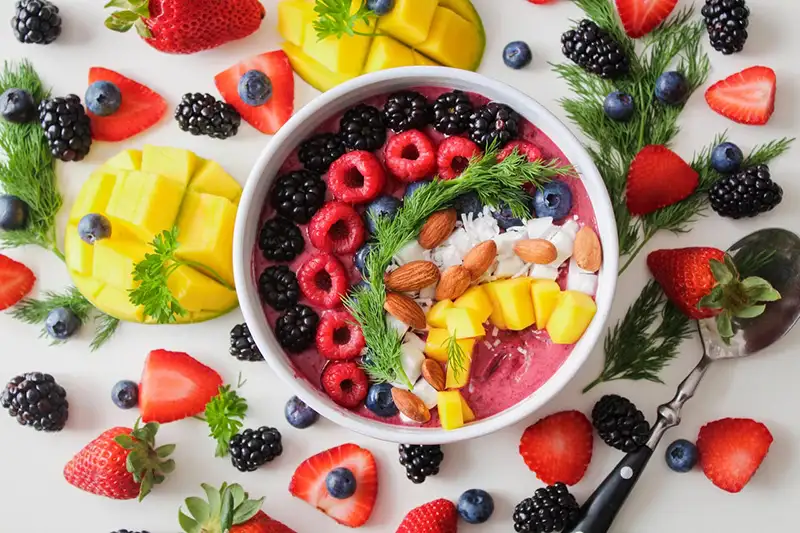
Why is it important?
Health Journey begins from cells. Every cell in our body has a membrane covering the cell; the membrane is made of saturated and unsaturated fat and is involved in stabilizing the cell. A membrane separates the interior of the cell from its surroundings. Vitamin E keeps the fat layer of cells from oxidizing.
As mentioned before, all cell membranes, including nervous system cells, are made of fat. Vitamin E protects the membrane from oxidation and plays a significant role in preventing vital cells like nervous system cells from damage. Cells are basic structures handling all necessary functions. So nothing is more important than taking care of the cell’s heath.
Famous fruits rich in vitamin E
Vitamin E deactivates free radicals, which are a result of normal cell functions. For example, vitamin E supports glutathione, a powerful antioxidant that fights free radicals in the liver.
Your diet is incomplete as long as you don’t eat enough fruits rich in vitamin E. With a minor adjustment to your diet, add the following fruits to your daily diet.
Blackberry: one hand full of blackberry can meet 0.8 % of daily body needs for vitamin E. This delicious and sweet fruit is also high in vitamin C. it is also full of antioxidants and improves gut health.
Raspberry, this tasty fruit, is packed with a quantity of vitamin E. Besides that, Raspberry has vitamin C and B6 that both have a major share in health. Antioxidants provide advantages to the skin, immune system, prevent skin from sun damage, and cancers like bladder and breast cancer.
Tomato: tomato is one of the top fruit sources of vitamin E. antioxidant in this fruit makes it a great cancer preventer and digestive helper. Half a cup of tomato paste has 5.2 mg vitamin E.
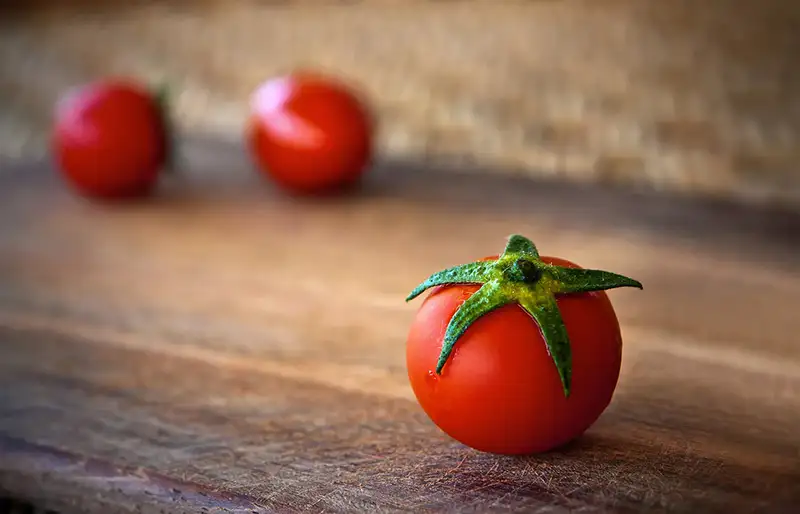
Avocado: According to USDA National Nutrients, every 100 gr of an avocado provides 0.9 mg of vitamin E, which means about three middle-size avocados can meet 6% of the daily body’s need for vitamin E.
Kiwifruit: Kiwifruit has 1.46 mg vitamin E for every 100 mg (about two middle-size kiwis) of serving. Kiwifruit delivers pretty much vitamin E compared to other fruits (about six times more than apples and oranges). One of the most important properties of vitamin E is to protect the skin from sun destruction. Maximize your vitamin E intake by eating more kiwifruit to take care of your skin health condition.
Mango: mango is one of the most popular fruits rich in vitamin E and A. A medium-sized mango provides about 2 mg vitamin E, as the daily recommended value of vitamin E is 15 mg, consuming mango can offer a great portion of it.
Papaya; This fruit contains a lot of vitamin E, making it ideal to keep the skin healthy and repair tissue damage. Every 100gr papaya provides 0.3 mg vitamin E, which is required for skin and hair health and strength
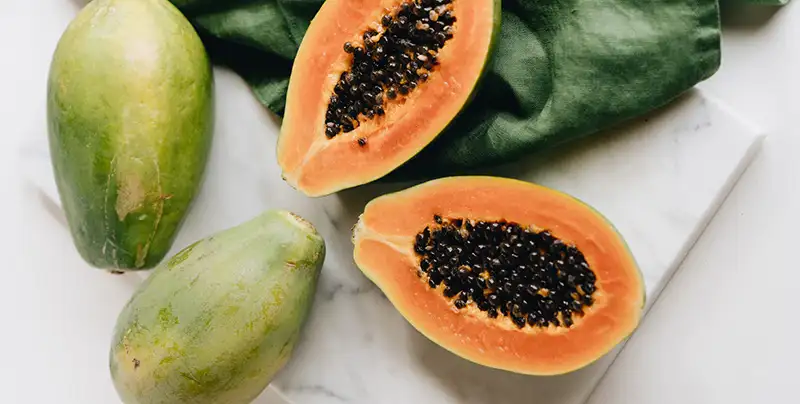
Dried apricot: In addition to copper, potassium, and fiber, dried apricot has essential vitamins like vitamins A and E. This fruit is a good source of vitamin E and can meet a portion of the daily value recommended for vitamin E.
Olive: olives have an impressive nutrients profile; olive is loaded with variety of minerals and vitamins. It also contains anti-inflammatory properties involving repairing damage and play role in the health of the heart. Every 32gr of olive has 1.19mg vitamin E. This fruit is a great choice if you are looking for a proper amount of vitamin E from fruits. If you are eating olive regularly in your diet, you don’t need to worry about the volume of vitamin E in your body. Even olive leaves are a good remedy, let alone the fruit.
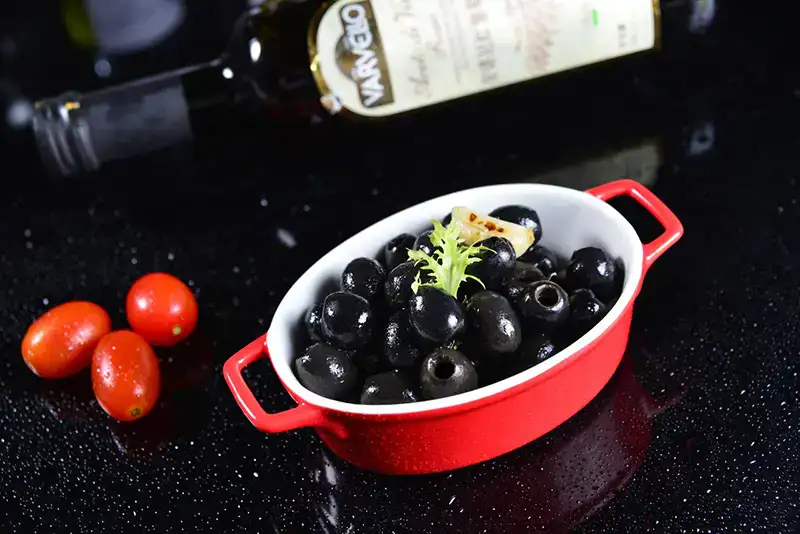
One of the most important roles of vitamin E is to protect cells. Fruits like papaya, dried apricot, mango, and kiwifruits have an impressive amount of vitamin E.
